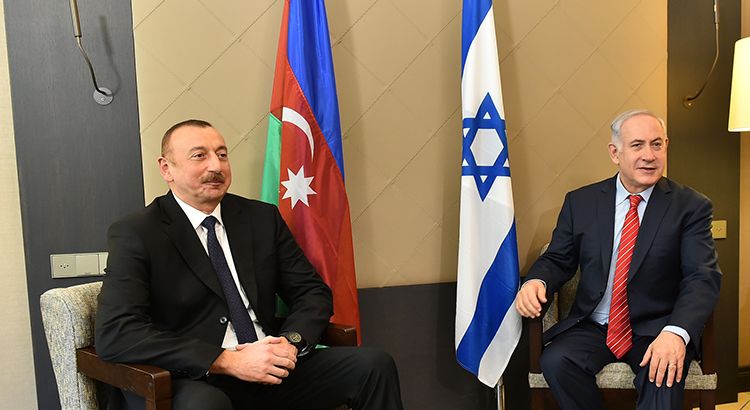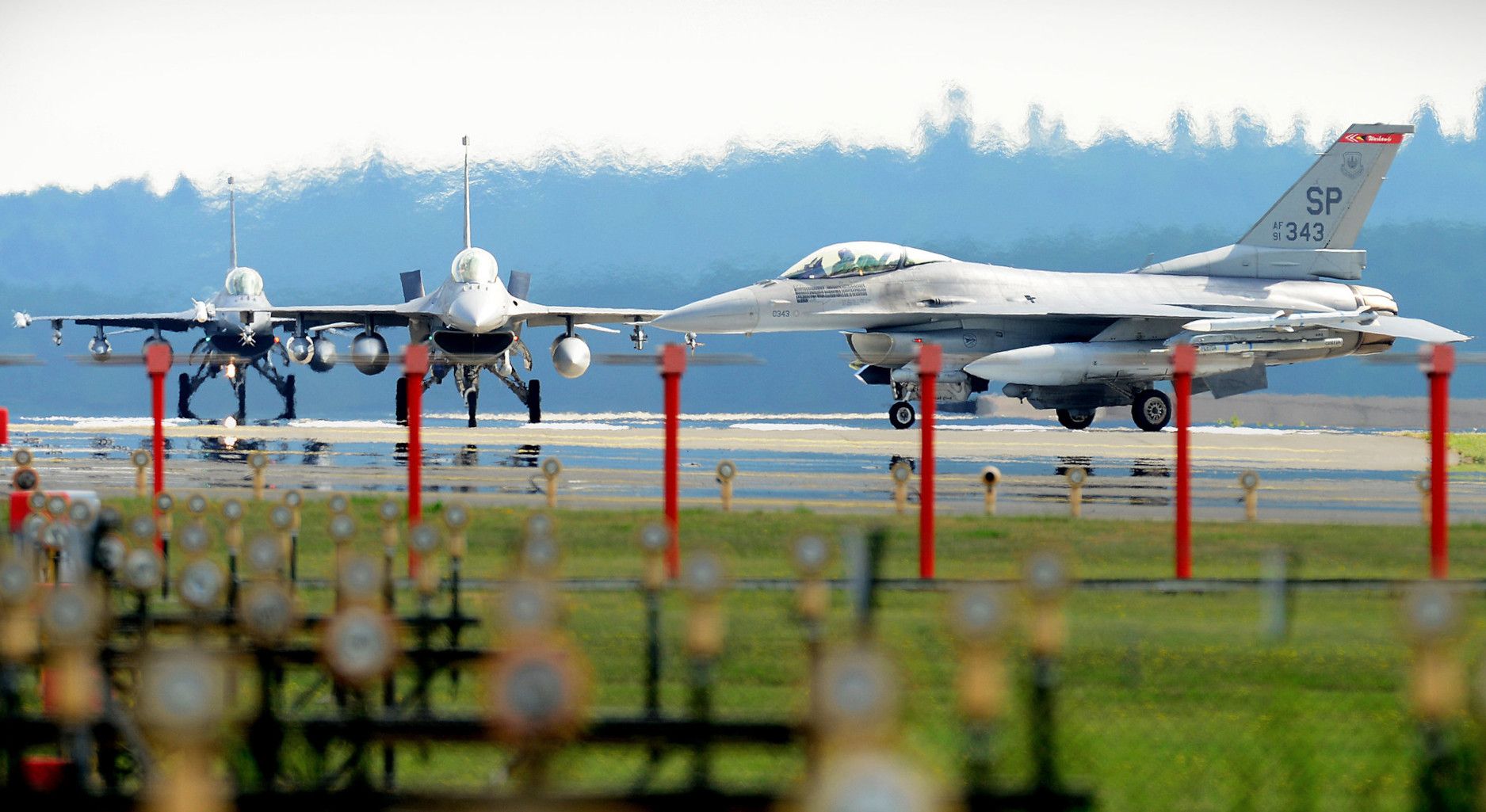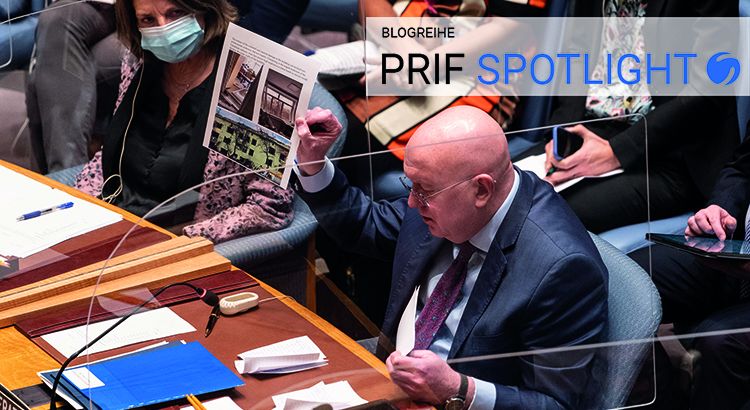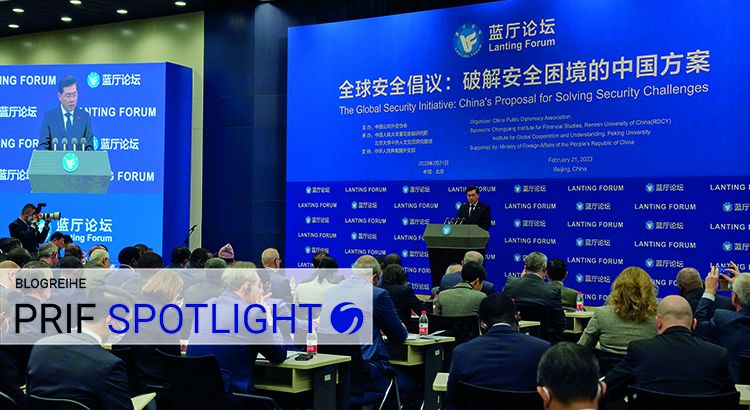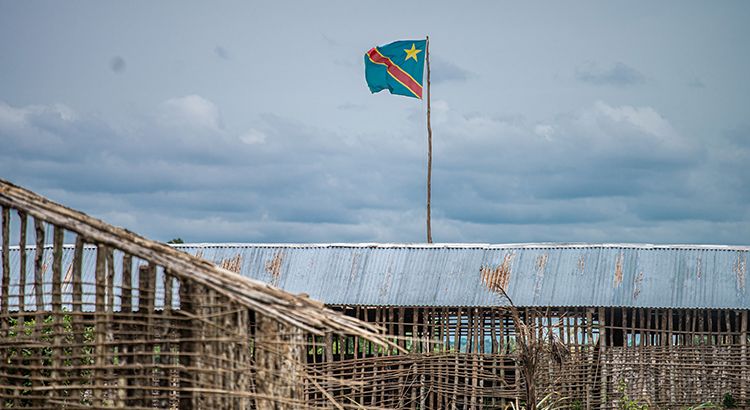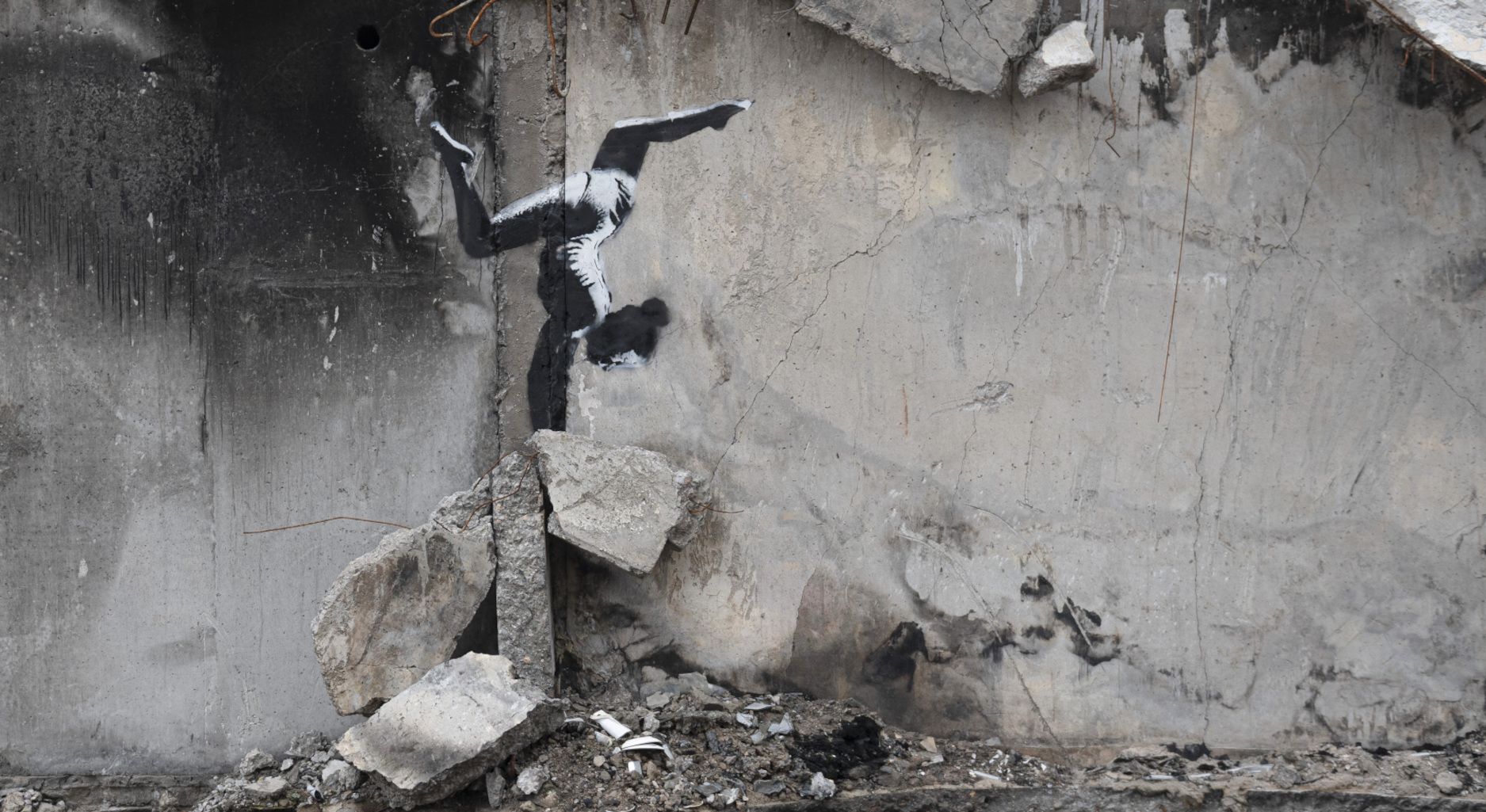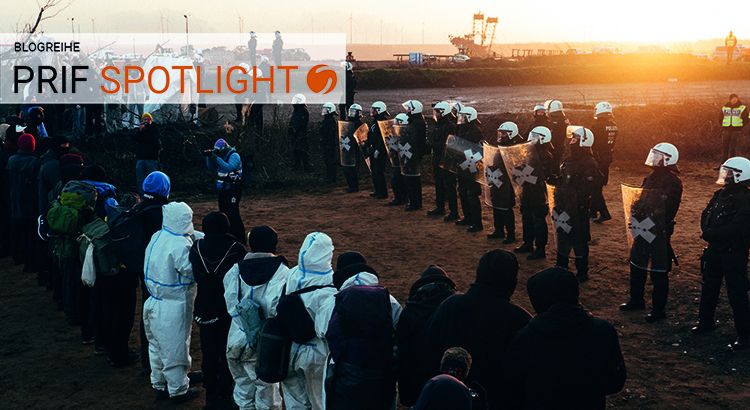Year: 2023
Amidst the devastation caused by the recent earthquakes in Turkey on 6 February, Iranian Foreign Minister Hossein Amir Abdollahian made a strong statement warning against the threat posed by the Zionist regime to peace and stability in the region. Specifically, he pointed to Israel’s involvement in the Nagorno-Karabakh conflict, where Azerbaijan emerged victorious with significant support from Israel in the form of technology and arms. But why did Israel get involved in a conflict thousands of miles away, with no direct interests? In this post, we’ll take a closer look at Israel’s strategic partnerships with Azerbaijan and Turkey, and how they tie into its involvement in the Nagorno-Karabakh conflict.
The Externalization of EU Borders: The Case of Agadez
While the externalization of border enforcement to African states may have contributed to a decline in arrivals to Europe via the Mediterranean Sea, Nigerien and European Union (EU) authorities have neglected the immense negative impacts of these migration policies on local communities, refugees, and migrants. This spotlight provides an overview of the local implications of the EU’s strategy of externalizing its borders towards transit states in Africa. It focuses on the case of Agadez in Niger, which has been the primary transit city within the Sahel region for migrants and refugees in transit to Europe.
New Guidelines for Germany’s Feminist Foreign Policy: The Need To Translate Norms into Political Practice
Feminist foreign policy (FFP) should aim at revising patriarchal and colonial power structures, changing exclusive male-dominated decision-making processes, and designing international politics from a perspective of gender justice. With their new guidelines, the German Foreign Office promises ambitious aims to promote gender-sensitive human rights, strengthen the participation of women at all political levels and ensure a gender-equal access to resources and budgets. However, the implementation of these guidelines remains a key factor for success and some feminist challenges have not been properly addressed.
Kampfflugzeuge für die Ukraine und das Risiko der Eskalation: Ein Realitätscheck
Nachdem mehrere NATO-Staaten der Ukraine nach monatelangem Ringen die Lieferungen von Panzern zugesagt haben, intensiviert die ukrainische Regierung ihre Forderungen nach Kampfflugzeugen westlicher Bauart. Allerdings wäre die Ukraine auch mit einigen westlichen Jets kaum in der Lage, die leistungsfähigen russischen Flugabwehrsysteme zu zerstören. Darüber hinaus, und wichtiger, stellen westliche Kampfflugzeuge enorme Anforderungen an Infrastruktur und Ausbildung. Eine Lieferentscheidung wäre in erster Linie ein politisches Signal für die langfristige Unterstützung des Landes. Auswirkungen auf dem Schlachtfeld hätte sie zum jetzigen Zeitpunkt nicht.
Muddying the Waters: Official Russian Disinformation on Chemical and Biologial Weapons
In the wake of Russia’s invasion of Ukraine, chemical and biological weapons have once again attracted international attention due to disinformation efforts on the part of Russian officials. International forums which oversee the ban on these weapons are being used to accuse Ukraine and its allies of violating their legal obligations. Many of Russia’s accusations regarding chemical weapons resemble the patterns of deception observed in the past, while disinformation on biological weapons is displaying somewhat novel characteristics. Yet, there are tangible ways of counteracting such disinformation, thereby protecting the ban on chemical and biological weapons.
China’s new Global Security Initiative: a rising power spreads its wings
On 21st February 2023, the Chinese Foreign Ministry released its concept for a “Global Security Initiative”, a white paper outlining the country’s proposed solution to challenges across traditional and non-traditional security issues. While the content mostly amounts to a restatement of long-standing principles and pooling of existing activities under a new label, its packaging as a “global initiative” should be seen as a statement of intent, claiming a much greater role in international politics. The sketched Chinese security agenda differs significantly from that of Western powers in both its principles and practices, making this field a new arena of competition between both sides.
Regional Solutions to Regional Problems? Protests in the DRC Highlight the Challenges of Regional Military Peace Operations
Just three months since the first deployment of military contingents, the East African Force in the Democratic Republic of Congo has become heavily contested by Congolese activists and parts of the Congolese population. The protests, which took place in Kinshasa, Goma and Bukavu, powerfully demonstrate that regional military initiatives are no panacea for multi-level security challenges but may in fact run the risk of intensify existing challenges and conflict dynamics.
Gender Equality in Times of a Full-Scale War on Ukraine: A Hope for a Better Future?
The work on promoting gender equality in Ukraine continues even in the time of full-scale war, proving that the times of crisis could be used as an opportunity for a positive transformation. Tireless efforts of civil society and its prominent allies in politics have already had some fruits in keeping the topic in the public discourse, updating the National Action Plan (NAP) on UNSCR 1325 'Women, Peace and Security’ (WPS), and the ratification of the Council of Europe Convention on Preventing and Combating Violence Against Women and Domestic Violence (Istanbul Convention).
Ungehorsamer Klimaprotest: Proteste werden intensiver – eine Radikalisierung in die Gewalt ist nicht in Sicht
Wie mit dem Klimawandel umgehen, das wird aktuell intensiv diskutiert. Die Klimabewegung betont die Notwendigkeit einer globalen, sozialen und ökologischen Transformation, dafür intensiviert sie den Protest auch in Deutschland. Zunehmend stehen Aktionen des zivilen Ungehorsams im Zentrum. Im Raum steht der Vorwurf der Radikalisierung in die Gewalt, aktuell ist dieser allerdings unbegründet: Die Bewegung entfaltet sich auf dem Terrain des Demokratischen, verleiht der legitimierten Forderung nach Einhaltung des 1,5-Grad-Ziels von Paris Nachdruck und skizziert Visionen aus der Krise heraus.
Drei Jahre nach Hanau: Wie inklusiv ist die deutsche Erinnerungskultur?
Der rechtsterroristische Anschlag von Hanau, bei dem 2020 neun Menschen mit Migrationsgeschichte aus rassistischen Motiven ermordet wurden, reiht sich in eine Historie rechtsextremer Gewalttaten in Deutschland. Welchen Stellenwert hat diese rassistische Gewalt im kollektiven Gedächtnis? Debatten zur Öffnung deutscher Erinnerungskultur haben vor allem der Frage gegolten, wie die NS-Vergangenheit und deutsche historische Verantwortung in der Migrationsgesellschaft vermittelt werden können. Im Gedenken an die Opfer von Hanau gerät die Chance einer inklusiven Erinnerungskultur stärker in den Blick: Wie können die Kontinuitäten rechtsextremer Gewalt, die Menschen mit Migrationsgeschichte in Deutschland erfahren, für die deutsche Gesellschaft insgesamt zugänglich gemacht und erinnerungskulturell bearbeitet werden?
